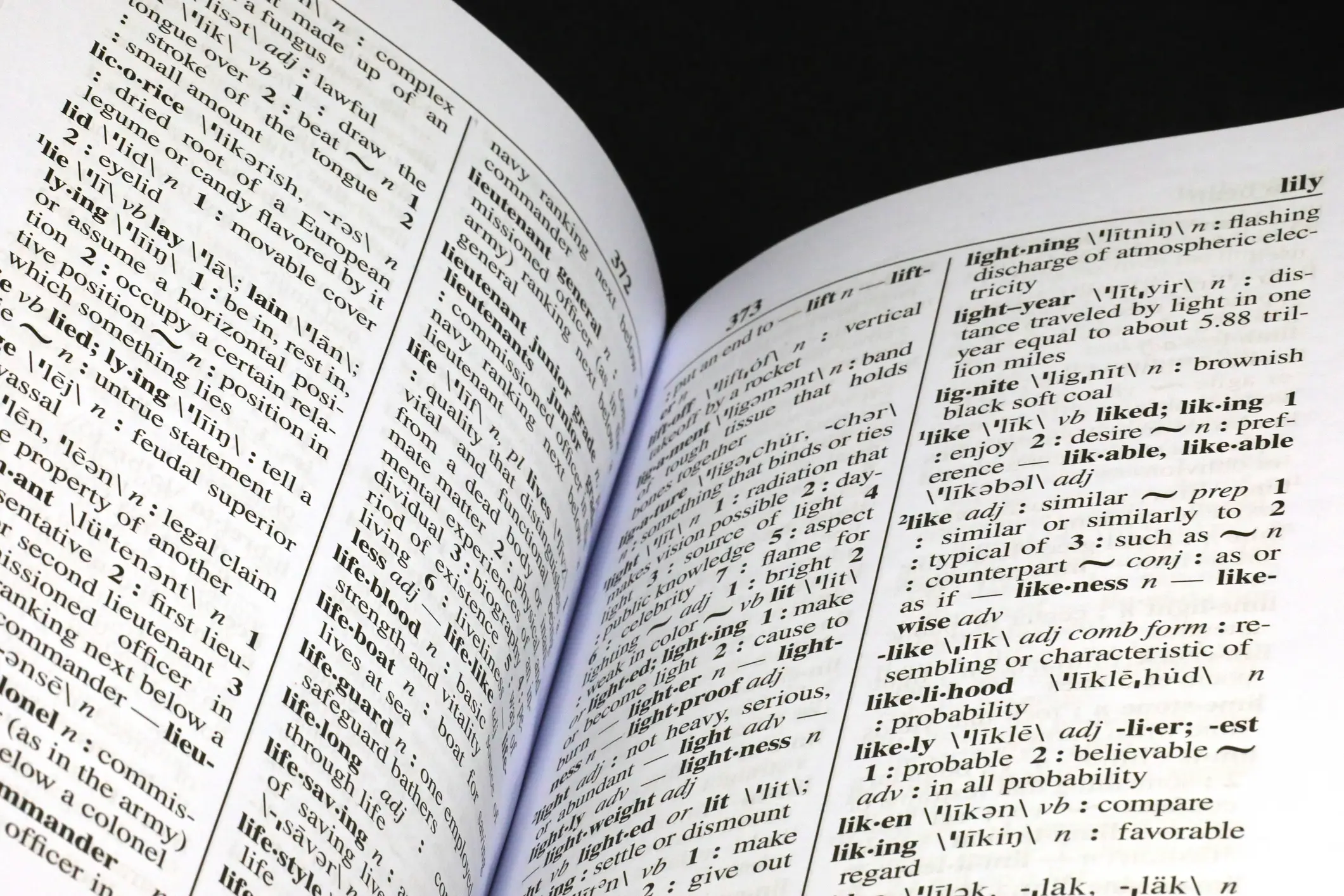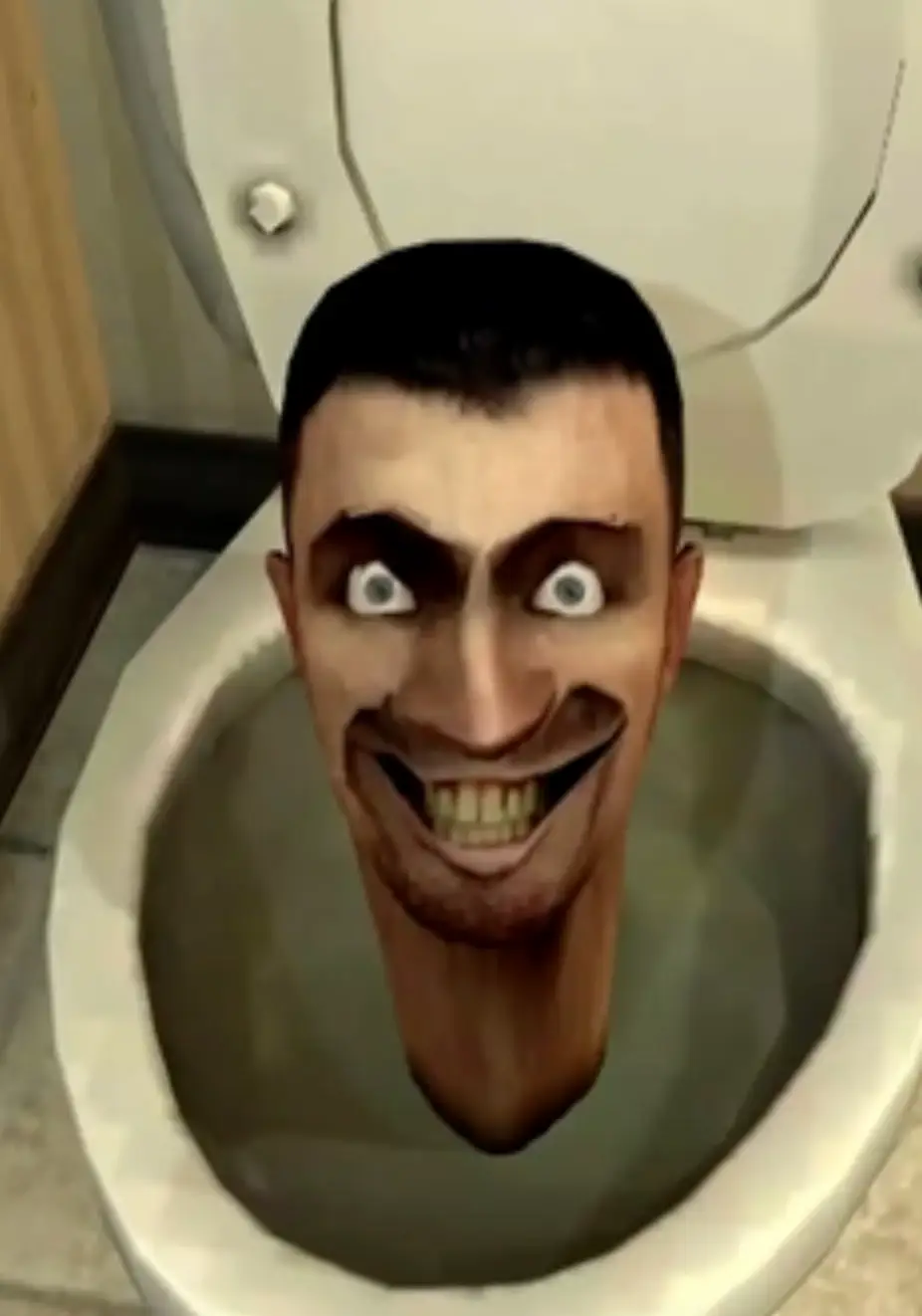
The latest additions to the Cambridge Dictionary have left the majority of the public scratching their heads, and for good reason.
It's almost impossible to keep up with all the latest terms and slang as an adult, but many of us can try.
Despite this, young people reign supreme, and continue to add nonsensical words into their everyday conversations.
But now, it looks like we all may need to familiarise ourselves with some of these terms, as three head-scratchers have been added to the Cambridge Dictionary.
Advert
In case you forgot, 'Gen Alpha' groups those who are born from 2010 onwards, while Gen Z includes those born from 1997-2010 and Millennials are adults born from 1981-1996.
With three generations and a gap of about 40+ years from start to finish, you'd be forgiven for losing things in translation.

Cambridge Dictionary's lexical programme manager, Colin McIntosh, explained: “Internet culture is changing the English language and the effect is fascinating to observe and capture in the dictionary.”
It looks like internet-inspired terms are here to stay, with the addition of these three terms.
Skibidi
You may have heard this one on TikTok here and there, but this gibberish word comes from a popular YouTube show with human-headed toilets known as 'skibidi toilets' and camera-headed humans.
Yes, it's that bizarre.
It all began with a viral 11-second animated video which has now been viewed over 200 million times, of a head coming out of a toilet.
Now, it has grown far beyond the show or the channel it came from, but what does it mean?
It could mean something good, but it is mostly used for negative things, as explained in the dictionary: "A word that can have different meanings such as ‘cool’ or ‘bad’, or can be used with no real meaning as a joke."
For instance: "What the skibidi are you doing?"

Tradwife
This term dates back to 2020, and it's been criticised by many.
Essentially, it looks at conservative social media influencers who glamourise their lives which consist of looking after their husbands, children and homes.
They would post about it to followers too, as the dictionary states that a tradwife is 'especially one who posts on social media'.
Delulu
This might be one you've heard of before - it's an abbreviation of delusional.
With an increasing amount of agendas being driven by personal beliefs instead of reality, it's a scary indictment on where society is headed.
In the Cambridge dictionary, it is defined as 'believing things that are not real or true, usually because you choose to'.
Delulu came about over 10 years ago, meaning it's one of the older terms, with more people aware of the word.
Australian prime minister Anthony Albanese even said 'delulu with no solulu' as a way to attack opponents in parliament this year - although it later emerged this was probably because a pair of podcasters dared him to do it.

This isn't all, as 'broligarchy', a term for tech industry leaders who are usually men owning a technology business has also been added.
It is defined as 'a small group of men, especially men owning or involved in a technology business, who are extremely rich and powerful, and who have or want political influence'.
Terms such as 'mouse jiggler', a post-pandemic term used for those keeping their computer alive to make it seem like they're working when they're not, and 'work spouse', a phrase for workplace relationships where two people help and trust each other more than normal, have also been added.
Colin McIntosh added: “It’s not every day you get to see words like ‘skibidi’ and ‘delulu’ make their way into the Cambridge Dictionary. We only add words where we think they’ll have staying power.”
So people might still be saying 'skibidi' in 10 years' time? A terrifying thought.
Topics: Gen Z, Community, Social Media